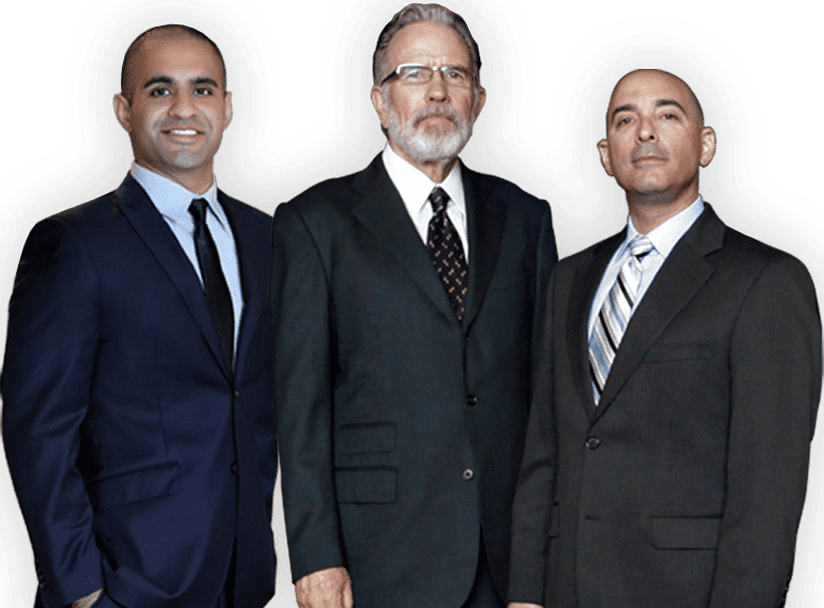Often, when you might think about religious discrimination at work, you envision a scenario where a Muslim woman is banned from wearing her hijab at work. Or you might think about coworkers who belittle and harass someone who is Mormon because they don’t drink caffeine. In such cases, employees are being discriminated against because of their personal religious beliefs.
However, in one recently settled case, a woman won a settlement from her former workplace because she refused to participate in religious courses. In the suit, Julie A. Rohrbacher claimed she was denied a promotion at work because she wouldn’t enroll in Church of Scientology courses. She said eventually was fired because of that too.
The details of the lawsuit
Rohrbacher filed the lawsuit in 2018 against her former employer, Teton Therapy. Teton Therapy operates four physical and occupational therapy offices in Wyoming.
In the suit, she claimed that Teton Therapy’s owner wouldn’t promote her after she refused to enroll in Church of Scientology courses in Tampa, Florida, where the church headquarters are. She also objected to a training manual she was forced to use because it included:
- Several direct quotations from L. Ron Hubbard, the founder of Scientology
- Scientology-specific terms and the church’s primary symbol
Rohrbacher also complained that as part of her training she was forced to sit within a few feet of her manager and stare into their face for a half hour. She also didn’t agree with being forced in a training program that had employees and managers yelling derogatory remarks at one another.
The final settlement amount Rohrbacher won remains confidential.
Jeff McMenamy, who owns Teton Therapy, noted in news reports about the case that training at his business does draw on terms from the Church of Scientology. He also said he felt the training was effective for his business purposes and he doesn’t practice the religion.
The merit of the lawsuit
Nevertheless, Rohrbacher’s claim of religious discrimination under the Civil Rights Act of 1964 had enough merit for the suit to be considered in federal court. The Civil Rights Act of 1964 not only prohibits employers from discriminating against individuals for their religious beliefs, but also protects those who lack religious beliefs. It requires employers to not take religious beliefs (or the lack of them) into consideration when hiring, firing or promoting employees.


